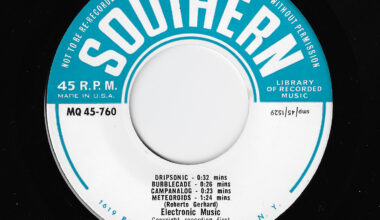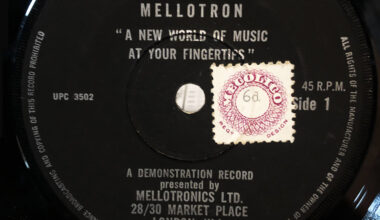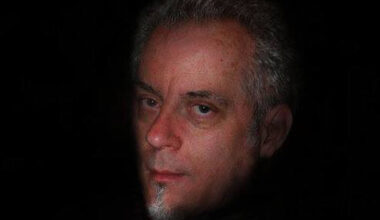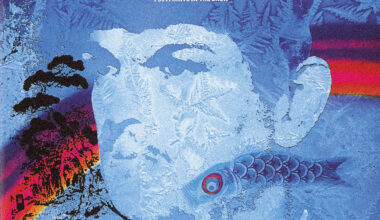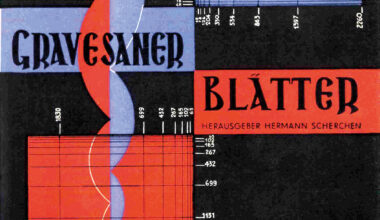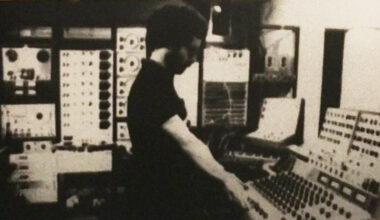Resident archivist Jack Dangers examines the extraordinary stock of filmmaker and audio collage creator, Arthur Lipsett
Want to read more?
Sign up to Electronic Sound Premium to gain access to every post, video, special offers, and more. 100%, all you can eat, no commitment, cancel any time.
Already a premium member? Log in here
